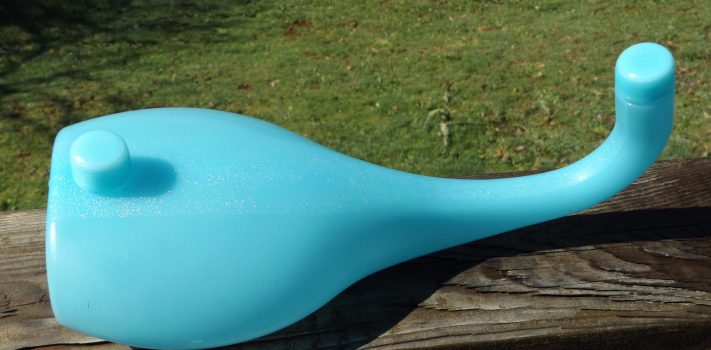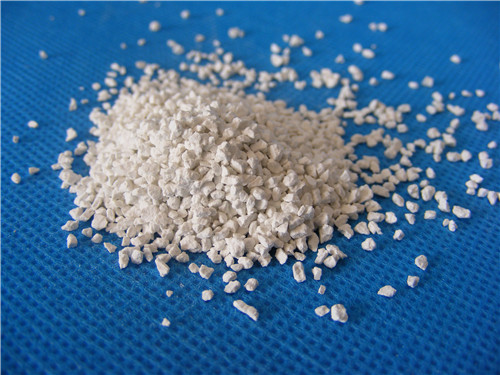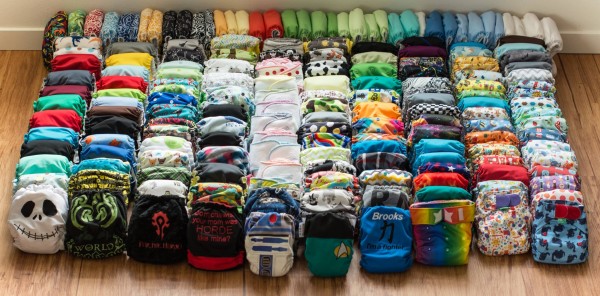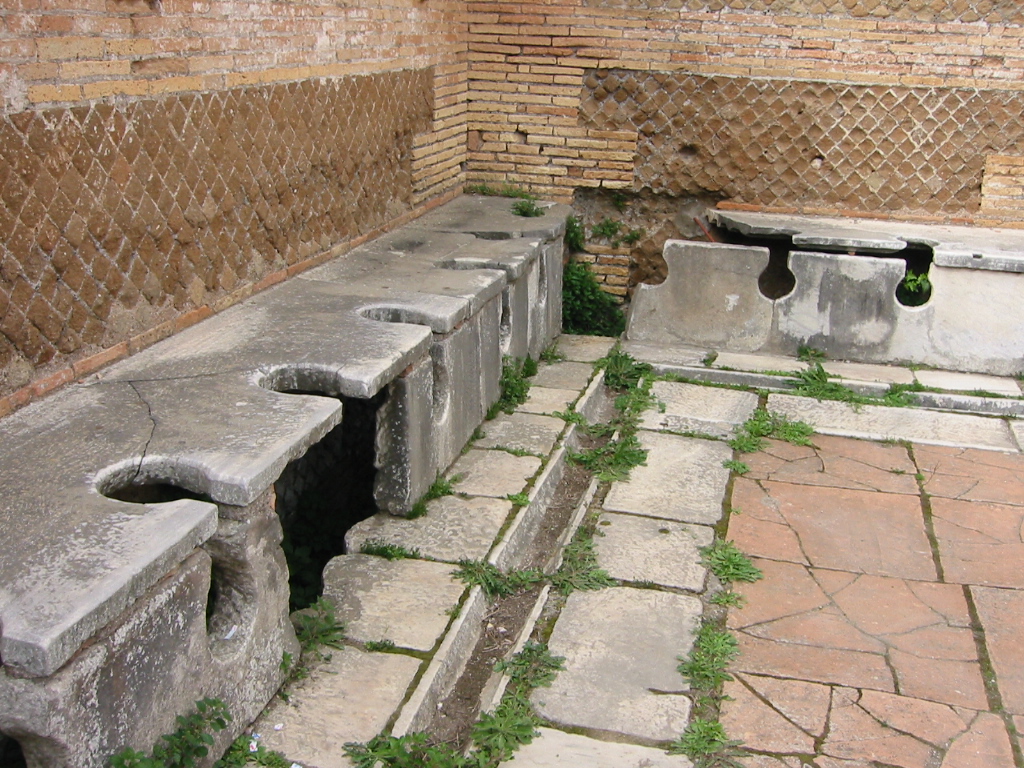Post-TEOTWAWKI Pest Control – Part 2, by J.S.R.
(Continued from Part 1. This concludes the article.) Rocky Mountain spotted fever (RMSF) and Lyme disease are two bacterial tick-borne infections of particular concern. The ticks that transmit both of these diseases are found all over the United States. The CDC states that RMSF is most common in Arizona, Missouri, Oklahoma, Arkansas, Tennessee, and North Carolina. After the three- to twelve-day incubation period, the early signs (days 1-4) of RMSF include a high fever, severe headache, gastrointestinal symptoms (nausea, vomiting, anorexia), and edema around the eyes and on the back of the hands. Two to five days after symptoms begin, the …









